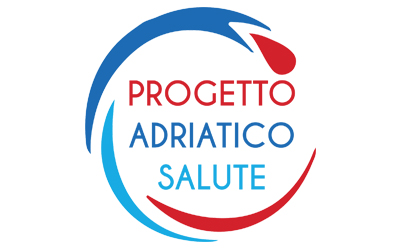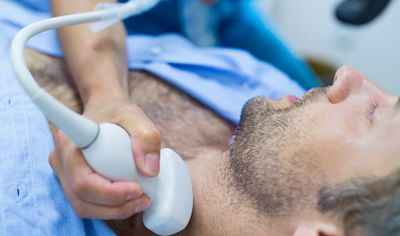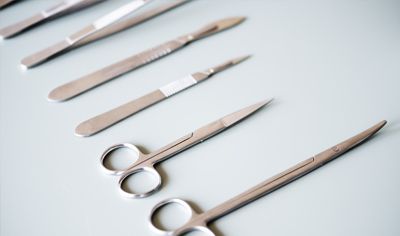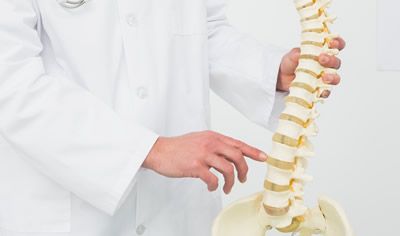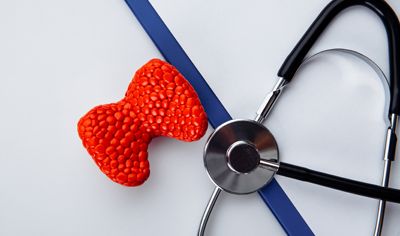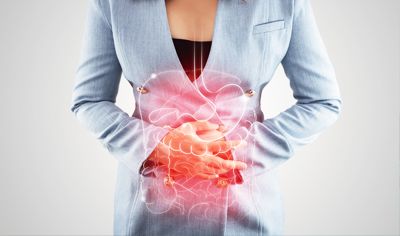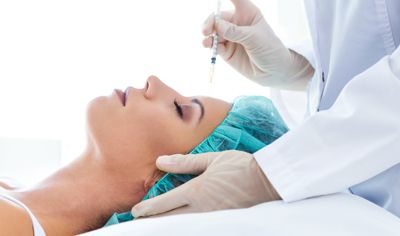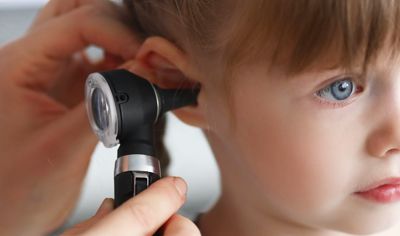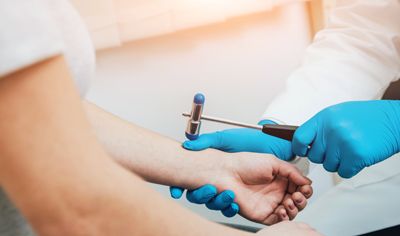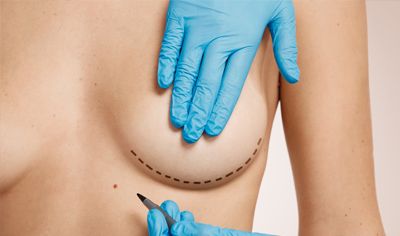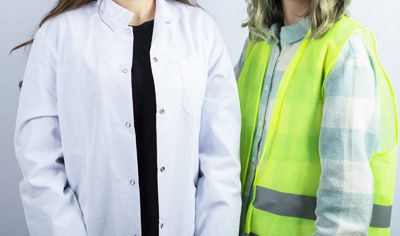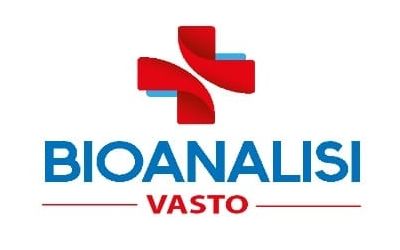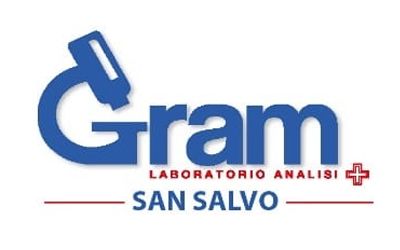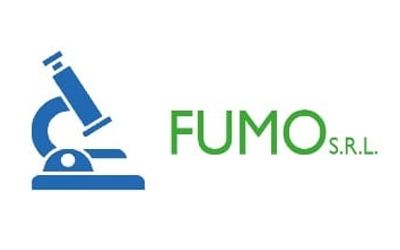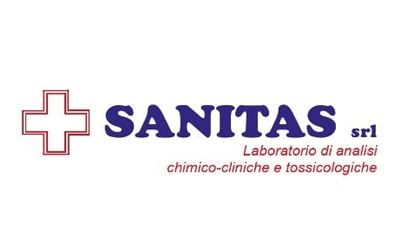Artrite Reumatoide e Dieta
Uno studio svedese condotto in un gruppo di più di 30000 donne ha dimostrato che la regolare assunzione di acidi grassi Omega-3 si associa ad un 35% di probabilità in meno di contrarre l’artrite reumatoide (AR) nel breve termine. Il rischio di contrarre l'AR si riduce di oltre il 50% in caso di consumo prolungato di Omega-3.

Long-term intake of dietary long-chain n-3 polyunsaturated fatty acids and risk of rheumatoid arthritis: a prospective cohort study of women.
Source
Division of Nutritional Epidemiology, Institute of Environmental Medicine, Karolinska Institutet, Stockholm, Sweden.
Abstract
OBJECTIVES:
To analyse the association between dietary long-chain n-3 polyunsaturated fatty acids (PUFAs) and incidence of rheumatoid arthritis (RA) in middle-aged and older women from the Swedish Mammography Cohort, a population-based prospective study.
METHODS:
Data on diet were collected in 1987 and 1997 via a self-administered food-frequency questionnaire (FFQ). The risk of RA associated with dietary long-chain n-3 PUFAs and fish intake was estimated using Cox proportional hazard regression models, adjusted for age, cigarette smoking, alcohol intake, use of aspirin and energy intake.
RESULTS:
Among 32 232 women born 1914-1948, 205 RA cases were identified during a mean follow-up of 7.5 years (1 January 2003 to 31 December 2010; 2 41 120 person-years). An intake of dietary long-chain n-3 PUFAs (FFQ1997) of more than 0.21 g/day (lowest quintile) was associated with a 35% decreased risk of developing RA (multivariable adjusted relative risk (RR) 0.65; 95% CI 0.48 to 0.90) compared with a lower intake. Long-term intake consistently higher than 0.21 g/day (according to both FFQ1987 and FFQ1997) was associated with a 52% (95% CI 29% to 67%) decreased risk. Consistent long-term consumption (FFQ1987 and FFQ1997) of fish ≥1 serving per week compared with
CONCLUSIONS:
This prospective study of women supports the hypothesis that dietary intake of long-chain n-3 PUFAs may play a role in aetiology of RA.
